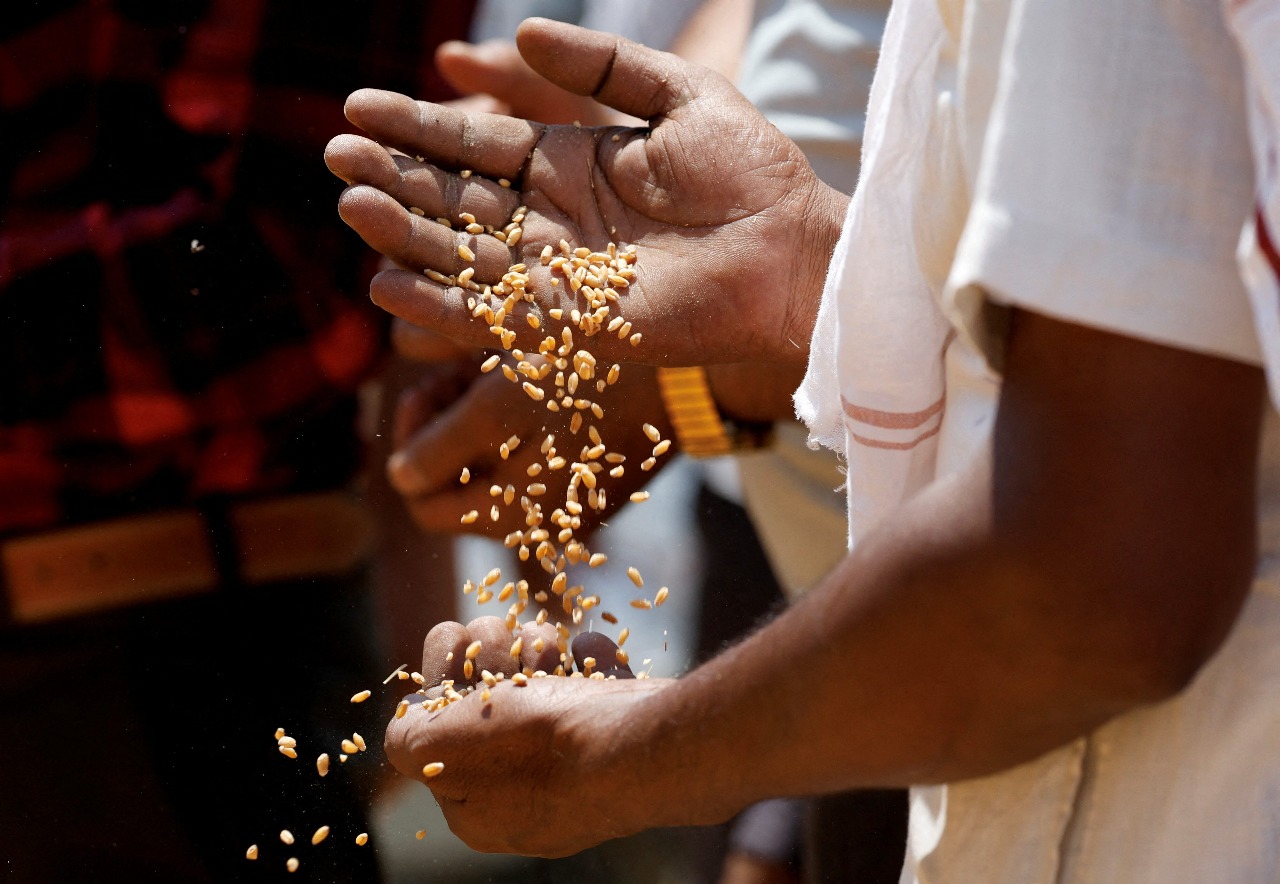India’s Union Cabinet has approved a ₹379.52 billion subsidy package for the upcoming winter crop season. The move aims to stabilize input costs, ensure minimum support prices, and strengthen food security amid global price volatility and climate-related risks impacting agricultural productivity.
India’s government has cleared a substantial ₹379.52 billion subsidy allocation for the rabi (winter) crop season, reinforcing its commitment to farmer welfare and food security. The announcement was made by the Information and Broadcasting Minister following a cabinet meeting chaired by Prime Minister Narendra Modi. The package is part of a broader ₹842.63 billion support framework that includes minimum support price (MSP) guarantees and input cost stabilization.
Key Highlights
- The ₹379.52 billion subsidy targets fertilizers, seeds, and other critical inputs for rabi crops such as wheat, barley, and pulses
- The overall winter crop support package totals ₹842.63 billion, including MSP coverage and procurement mechanisms
- The subsidy aims to shield farmers from rising global input costs and ensure timely sowing and productivity
- The move complements existing schemes like PMFBY and RWBCIS, which were recently extended until FY26 with a ₹69,515 crore outlay
- The cabinet emphasized climate resilience and digital monitoring tools to improve subsidy delivery and crop insurance coverage
- The package is expected to benefit over 100 million farmers across key agricultural states
Notable Updates
- The decision comes amid geopolitical tensions and erratic weather patterns affecting global food supply chains
- The government is also exploring AI-driven platforms to optimize fertilizer distribution and crop planning
- Agricultural indices responded positively, with the S&P GSCI Agriculture Index showing a 1.14 percent uptick post-announcement
Sources: MarketScreener, Hindustan Times, Vajiram & Ravi, Press Information Bureau, Reuters India
